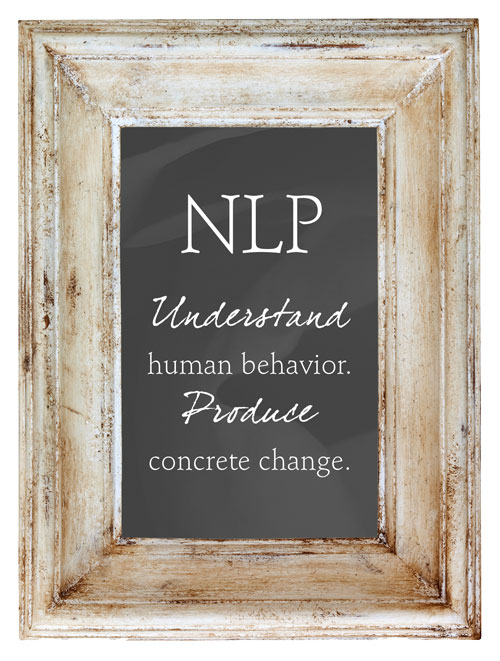Let’s start with an example.
Two people are invited by a friend to a party where they will not know many of the other people. At the door, before entering, invitee #1 stands thrilled, imagining all of the new people she will meet, all of the interesting interactions she is going to have, and all the fun that will inevitably ensue. She goes in and proceeds pretty much to have the experience she expected.
Soon after, invitee #2 also stands at the door, terrified (he barely made it out of the house, and is wondering why he gets himself into these situations), knowing that he won’t be able to figure out how to talk to people, and that he will feel like a fool all night. He goes in, though, because his therapist told him he had to get out more, and also proceeds to have pretty much the experience he expected.
What is going on?
It obviously has absolutely nothing whatsoever to do with the party. It has its usual mix of brilliant interesting folk and, well, not so interesting folk, but the two people expect two different experiences (based largely on past experience, yes?), and indeed end up having different experiences—so different that, if you talked with either of them afterward, you might have a hard time telling they had gone to the same event.
The difference is the meaning they are making of what they see around them.
Two identical situations—two different sets of meanings. These meanings are the product of a lifetime of experiences, reinforced by the choices these two people have made along the way. Think about it: Invitee #1 will almost instinctively seek out those partygoers who will enjoy her company and reinforce her conviction that parties with lots of strangers are the best way to spend Friday night. She probably won’t do this consciously; she simply makes the choices that will reinforce her unconscious belief: “Strangers are terrific!”
And poor invitee #2 will probably make a beeline to all the people in the room who will ignore him or find his approach unwelcome, and every incident, quite unconsciously, will reinforce his belief: “Strangers are scary!”
This is how we structure our experience of life; NLP is an elegant way to notice how we do this, every day, all the time, without knowing it.
NLP is “the study of the structure of human experience.” But it doesn’t stop there. When we know the structure, we can, finally, appropriately respect our human experience. NLP claims with great conviction that no unconscious beliefs are better than any other, because they all arose out of the struggle and wisdom of our experience—generally speaking, our early childhood experience. We develop these beliefs and behaviors in the context of challenges and threats to our survival, and they are extremely hard-won.
Our beliefs and experiences are not in themselves problematic; only their effect in our lives.
NLP addresses those unconscious beliefs that lead to behavior that causes us suffering or difficulty, and we find ourselves unable, despite sometimes great effort, to change. It respects the reasons behind that hard-to-change-ness, and provides simple and effective means to make the changes for which we so long and dream, and which we have worked so hard to achieve.
What does this have to do with Family Constellations?
Family Constellations and NLP arose out of entirely different contexts, times, places and intellectual lineages, but in their respect for all of human experience, their curiosity about the positive intentions behind all of our behaviors, and their capacity to expand the framework for how we understand ourselves, they are incredibaly similar and complementary. They are are both powerful change work practices, and allow for greater freedom and alignment with ourselves and the world to which we belong.
